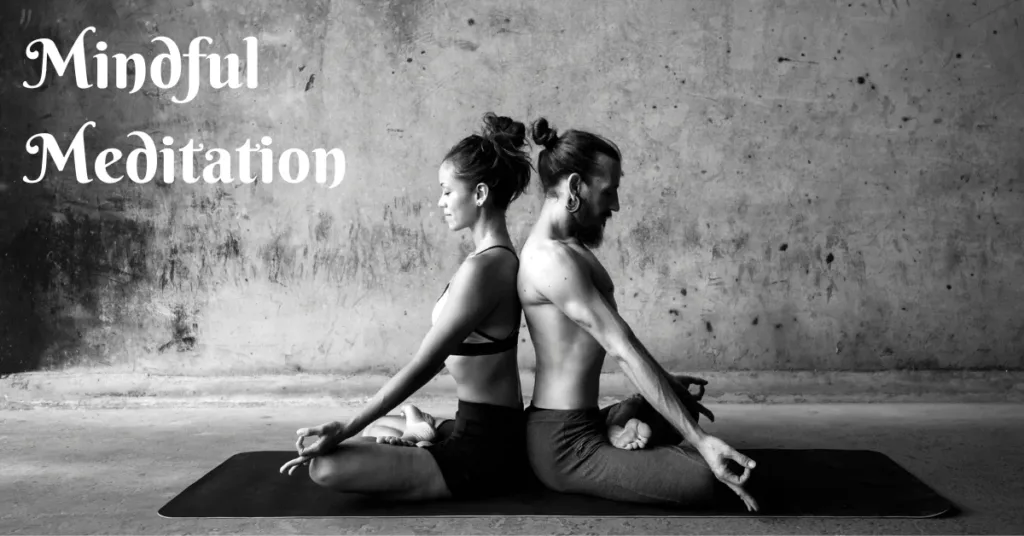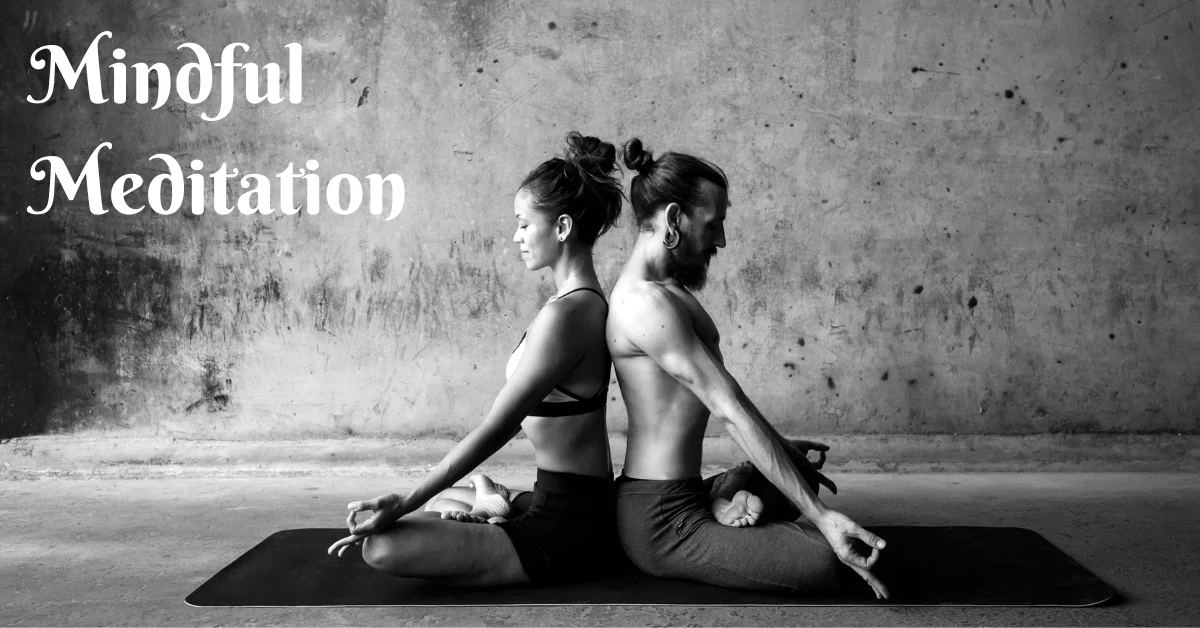Are you tired of staring at the ceiling, unable to fall asleep because your mind is racing with worries and anxious thoughts? Do you long for a restful night’s sleep and relief from the grips of anxiety? Look no further than the powerful practice of meditation. In today’s fast-paced world, it’s easy to feel overwhelmed and consumed by stress, but meditation offers a proven solution. By quieting the mind and focusing on the present moment, meditation can calm your racing thoughts and bring you a sense of peace and tranquility. Not only can meditation help you achieve a restful night’s sleep, but it can also assist you in overcoming anxiety and finding inner balance. In this article, we will explore the transformative power of meditation and how it can positively impact your sleep and well-being. Discover the techniques and benefits of meditation, and unlock a world of restful slumber and freedom from anxiety. It’s time to embrace the practice of meditation and discover the profound difference it can make in your life.

Understanding the benefits of meditation for restful sleep
With mounting stress and anxiety, it’s easy to lose sleep and feel fatigued during the day. Meditation can help calm your mind and promote restful sleep. When you meditate, you focus on your breath and the present moment, which can help reduce feelings of stress and anxiety. This promotes a sense of relaxation, which can make it easier to fall asleep at night.
In addition to its calming effects, meditation also has physical benefits that contribute to a good night’s sleep. Meditation can lower your heart rate and blood pressure, which can improve your overall sleep quality. By incorporating meditation into your daily routine, you can experience more restful, uninterrupted sleep and wake up feeling refreshed.
Exploring the connection between meditation and anxiety
Anxiety is a common mental health issue that affects millions of people worldwide. Meditation can be an effective tool for managing anxiety symptoms and promoting a sense of calm. When you meditate, you focus on the present moment and let go of negative thoughts and worries. This can help reduce feelings of anxiety and promote a greater sense of well-being.
Meditation can also help you develop a more positive outlook on life. By focusing on the present moment, you can let go of negative self-talk and cultivate a more positive mindset. This can help you manage stress and anxiety more effectively, leading to a more balanced and fulfilling life.
Scientific research on meditation and its effects on sleep and anxiety
Research has shown that meditation can be an effective tool for promoting restful sleep and reducing anxiety. In a study published in the Journal of Alternative and Complementary Medicine, participants who practiced mindfulness meditation for six weeks reported improved sleep quality and reduced symptoms of anxiety.
Another study published in the Journal of Clinical Psychology found that mindfulness-based stress reduction (MBSR) was effective in reducing symptoms of anxiety and depression. The study found that participants who completed the MBSR program reported significant improvements in their mental health and overall quality of life.
Different meditation techniques for promoting sleep and reducing anxiety
There are several different meditation techniques that you can use to promote restful sleep and reduce anxiety. One popular technique is mindfulness meditation, which involves focusing on your breath and the present moment. Other techniques include body scan meditation, which involves focusing on different parts of your body, and loving-kindness meditation, which involves sending positive thoughts and feelings to yourself and others.
No matter which technique you choose, it’s important to find a technique that resonates with you and fits into your daily routine. By practicing meditation regularly, you can experience the full benefits of this powerful practice.
Incorporating meditation into your daily routine
Incorporating meditation into your daily routine can be as simple as setting aside a few minutes each day to sit quietly and focus on your breath. You can also try incorporating meditation into other activities, such as yoga or tai chi.
To get started with meditation, find a quiet, comfortable place where you won’t be disturbed. Sit comfortably with your back straight and your hands resting on your lap. Close your eyes and focus on your breath, letting go of any thoughts or distractions. Start with just a few minutes each day, gradually increasing the amount of time as you become more comfortable with the practice.
Tips for creating a peaceful meditation space
Creating a peaceful meditation space can help you get the most out of your practice. Choose a quiet, clutter-free space where you can sit comfortably without distractions. Decorate your space with calming colors and natural elements, such as plants or crystals. You can also use aromatherapy to create a relaxing atmosphere with essential oils or incense.
Guided meditation resources for sleep and anxiety
If you’re new to meditation or prefer a guided practice, there are many resources available online. You can find guided meditation videos on YouTube or download meditation apps, such as Headspace or Calm. These resources offer guided meditations for sleep and anxiety, making it easy to incorporate meditation into your daily routine.
Personal stories and testimonials on the effectiveness of meditation
Many people have experienced the transformative power of meditation firsthand. From improved sleep quality to reduced anxiety, meditation has helped countless individuals find greater peace and balance in their lives.
One person shares, “I used to struggle with insomnia and anxiety, but since I started meditating regularly, I’ve noticed a significant improvement in my sleep quality and overall sense of well-being. Meditation has become an essential part of my daily routine, and I don’t know what I would do without it.”
Another person shares, “Meditation has helped me manage my anxiety and find greater calm and clarity in my life. I’m so grateful for this practice and the positive impact it has had on my mental health.”
Conclusion and encouragement to start your meditation journey
In conclusion, meditation is a powerful tool for promoting restful sleep and reducing anxiety. By focusing on the present moment and letting go of negative thoughts and worries, you can experience greater peace and balance in your life. Whether you’re new to meditation or an experienced practitioner, there are many techniques and resources available to help you incorporate this practice into your daily routine. So why not start your meditation journey today? With a little dedication and perseverance, you can experience the transformative power of this ancient practice and unlock a world of restful slumber and freedom from anxiety.
